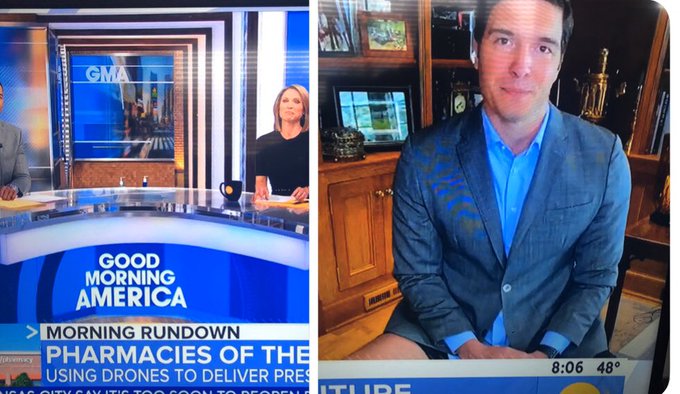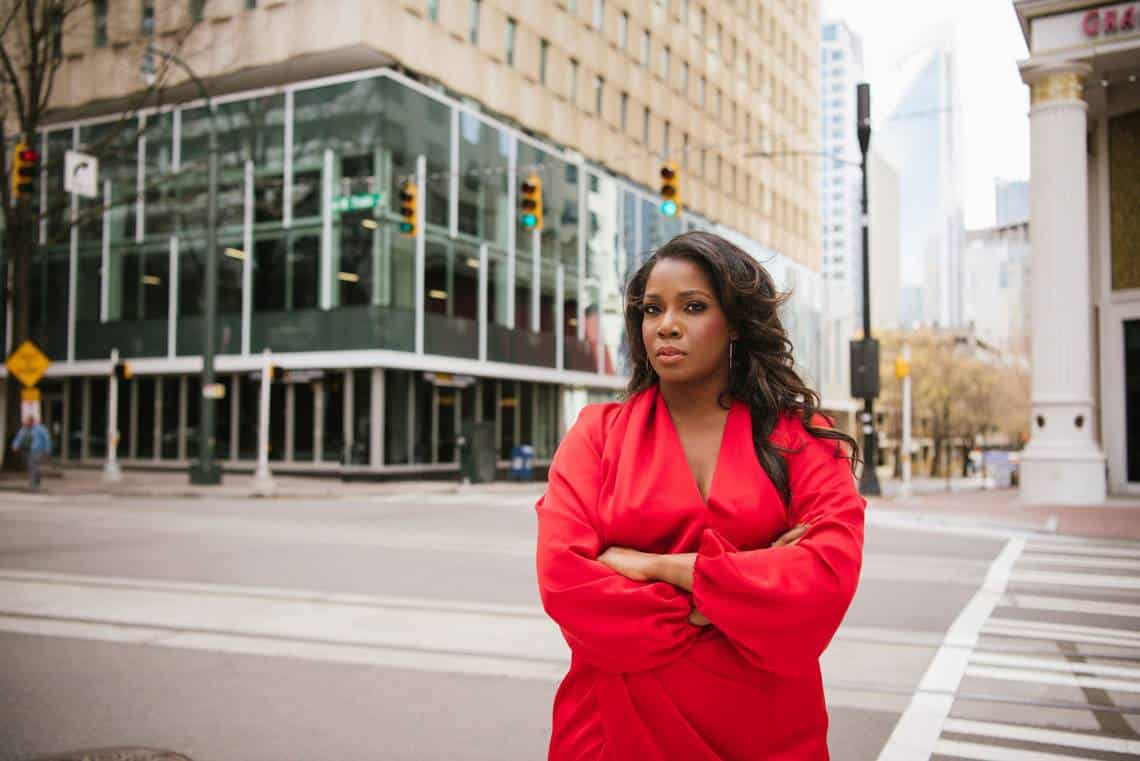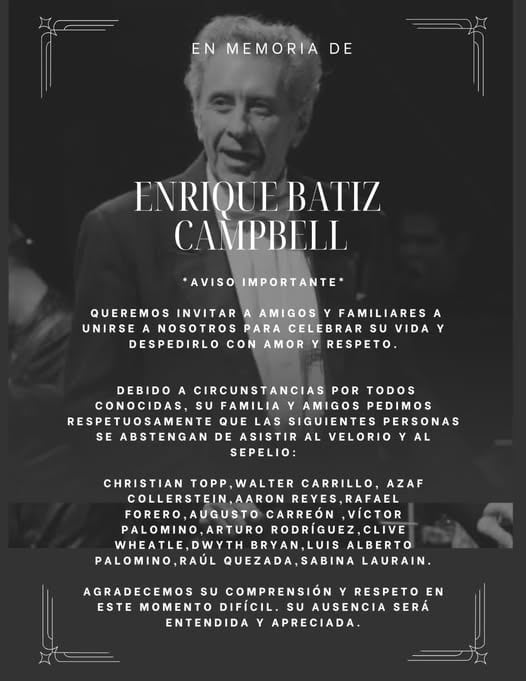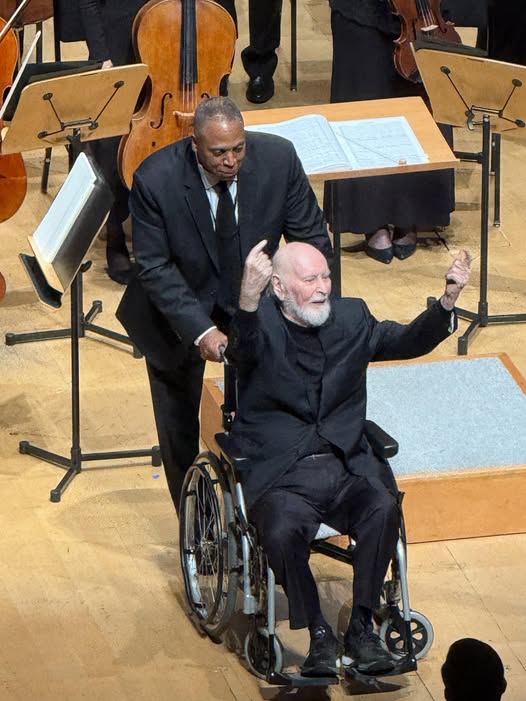A pants warning to Zoom users
mainIf you have to appear on screen – whether for a social exchange, lecture or a TV appearance – do pay attention to the camera angle.
Unlike this chap, who forgot he was wearing no pants.


If you have to appear on screen – whether for a social exchange, lecture or a TV appearance – do pay attention to the camera angle.
Unlike this chap, who forgot he was wearing no pants.

It bwas made known today that Alexander Hamilton…

It’s lawyers at dawn in the Deep South…

Enrique Batiz died last week in his home…

Pictures have reached us from Friday night’s John…

Session expired
Please log in again. The login page will open in a new tab. After logging in you can close it and return to this page.
Comments